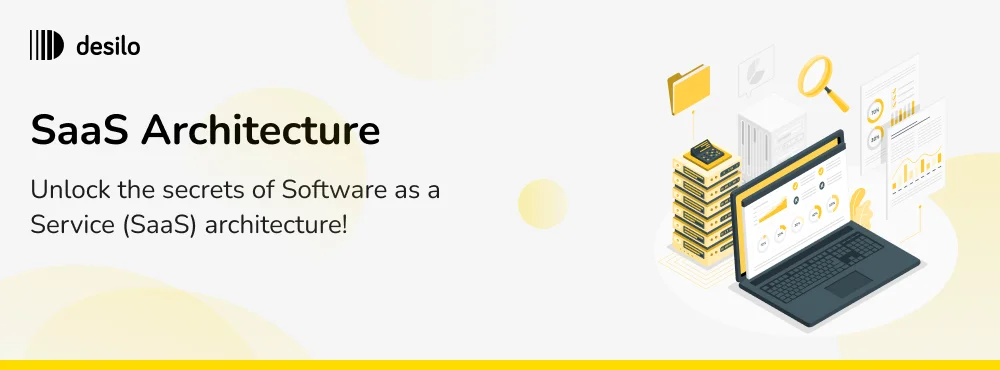Python, with its clean syntax and versatility, has become one of the most popular programming languages. Whether you’re just starting your coding journey or transitioning from another language, here are some essential tips to help you master Python as a beginner.
Understand Python’s Philosophy: “Zen of Python”
Python has a guiding set of principles known as the “Zen of Python.” Accessible by typing import this in your Python interpreter, these aphorisms provide insights into the language’s design philosophy. Understanding and embracing these principles will help you write more Pythonic code.
Use a Virtual Environment
Avoid cluttering your global Python environment with unnecessary packages. Instead, use virtual environments to create isolated spaces for your projects. The venv module comes pre-installed with Python 3 and is a convenient way to manage dependencies.
To create a virtual environment:
Activate it:
On Windows: myenv\Scripts\activate
On Unix or MacOS: source myenv/bin/activate
To deactivate the virtual environment:
Learn to Use the Interactive Shell
Python’s interactive shell is an excellent tool for testing code snippets and experimenting with language features. Open it by typing python or python3 in your terminal. Use it to gain a quick understanding of how Python works and to debug small pieces of code.
Explore Python’s Documentation
Python has comprehensive and well-organized documentation. The official Python Documentation is a valuable resource. Learn how to navigate and use it to your advantage. Understanding how to read documentation is a crucial skill for any developer.
Master Basic Data Types and Structures
Python offers a variety of built-in data types and structures like lists, tuples, sets, dictionaries, strings, and more. Understand the characteristics and use cases of each to make informed decisions about which to use in different situations.
Practice with Coding Challenges
Platforms like HackerRank, LeetCode, and CodeSignal offer a plethora of Python coding challenges. Regularly solving these challenges will enhance your problem-solving skills and familiarity with Python syntax. It’s an excellent way to apply your theoretical knowledge to real-world problems.
Version Control with Git
Learn the basics of version control using Git. Services like GitHub and GitLab are integral to collaborative coding and project management. Being able to use Git will help you track changes, collaborate with others, and contribute to open-source projects.
Understand the Importance of PEP 8
PEP 8 is the style guide for Python code. Adhering to these conventions makes your code more readable and maintainable. Many integrated development environments (IDEs) have built-in tools to help you follow PEP 8 standards. Consistent coding style is a hallmark of professional Python programming.
Use List Comprehensions
List comprehensions are a concise and Pythonic way to create lists. They are more readable and often faster than traditional for-loops. Mastering list comprehensions will make your code more elegant and efficient.
Explore Python Libraries
Python has a rich ecosystem of libraries that can save you time and effort. Some essential libraries for beginners include NumPy for numerical operations, pandas for data manipulation, and matplotlib/seaborn for data visualization. Explore these libraries to understand how they can simplify complex tasks.
Remember, the journey to mastering Python is a marathon, not a sprint. Consistent practice, curiosity, and a willingness to explore will be your greatest allies on this coding adventure. Happy coding!






